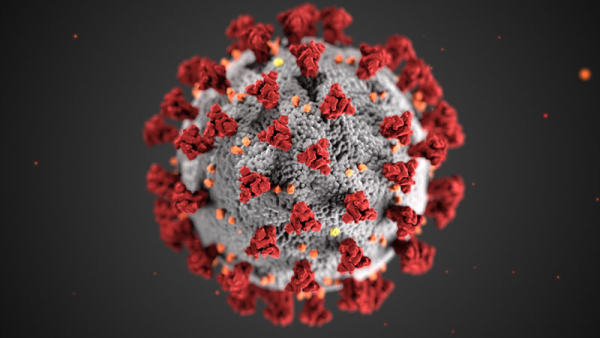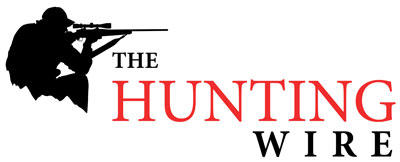By Larry Case

Hunters, in general, are a hardy lot. Usually, we don’t let weather, floods, and other natural disaster incidents hinder us much. Now we are involved in something a little different. Unless you have been living under the proverbial rock, you know that our lives have been turned upside down by the pandemic known has COVID-19.
You are probably as tired of hearing about it on the news as everyone else, but has this virus related crisis affected our first love, hunting? Well, yes and no. Due to the timing of this predicament, what has been most affected so far is spring gobbler season in the various states. The spring turkey season can start as early as the latter part of February in Florida and comes in later as you move north. Much of the country spring hunts from March through May, so this crisis hit right in the heart of most turkey seasons. Alaska Fish and Game suspended all hunting for black and brown bears, but after the backlash from resident hunters, reopened the season for residents.
“We have definitely seen a reduction in license sales because of this,” said Stephen McDaniel, Director of the West Virginia Division of Natural Resources (WVDNR). “Sales of nonresident hunting license and turkey tags are down, as you might expect, we were ahead in license sales going into this, but now we are down.” McDaniel added that West Virginia is not seeing a lot of nonresident hunter traffic this spring, and traditionally the state does not get many hunters from areas like New York, which is considered a hot spot for the virus.
“The influences on hunting by the pandemic could be described in three major areas,” said Mark Hatfield, National Director of Conservation Services for the National Wild Turkey Federation. “First there is the direct impact of the suspension of hunting license sales to nonresidents; Kansas, Nebraska, and Kentucky have made this move for the spring 2020 gobbler season. States like Kansas generally see a lot of nonresidents for the spring turkey season. Along with this, any state that has travel restrictions on nonresidents will have an impact on hunter numbers,” he said.
“Next is the possible increase in the harvest, the number of turkeys killed in any state. With people working at home and being out of work altogether, many states are anticipating an increase of hunters in the woods. We don’t know for sure on any of this yet because we are in the middle of season and don’t have the numbers yet. Also, there is a good chance states will see an increase in Youth Day activity for the same reasons, schools are closed, and people have the opportunity to hunt. This could affect the kill numbers as well,” Hatfield said. “Last is the possible impact this situation may have on public land. With increased numbers of hunters may come more traffic on public land, which could cause changes in harvest quotas and regulations for next season. We will just have to see the numbers when this season is over. This could affect spring turkey and bear seasons as well.”
There could be another side of the Coronavirus debacle that many of us have not thought about yet. The economic impact of this pandemic will be brutal and could be shown in its effect on the disbursement of critical funds with the Pittman Robertson Act and Dingell-Johnson money. These funds take excise tax money from the sale of firearms, ammunition, fishing gear, and other outdoor related goods and disperse it to the various states for use in conservation-related projects. Fewer people hunting and traveling to hunt could result in a decrease in these funds.
It is true that so far, this has affected only spring hunting seasons, which usually consist of turkey and bear. These seasons contribute less in hunter numbers than the big casino of deer season, the game that puts the most boots on the ground across the country. If the pandemic restrictions continue into the fall, this is when we will see more significant problems for hunters.
Yet another impact that is possible from all this is the effect on hunting and conservation-related non-profit organizations. The National Wild Turkey Federation, Rocky Mountain Elk Foundation, Sportsman’s Alliance, Ducks Unlimited, and many more all depend on donations from sportsman dollars. A decrease in funds means these organizations have fewer resources for conservation projects and backing hunters in everything from anti-hunting groups to gun rights.
“If any good comes from all this, it is that many people have turned back to nature, getting outside, hiking, and hopefully back to hunting,” said Director McDaniel with West Virginia DNR. “Maybe there will be some positive results for the outdoors and hunting when this is all over.”
I hope that Director McDaniel is right. Stay tuned to the Hunting Wire to find out.
